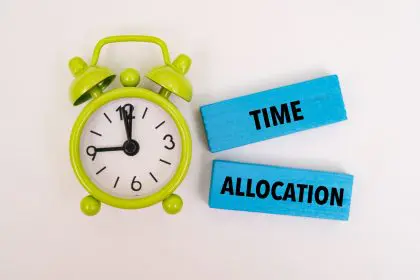In today’s fast-paced world, finding time to rest often feels like a luxury. Yet napping offers a powerful way to restore energy and improve overall well-being. Understanding how these short rest periods benefit your body can help you make the most of brief breaks during your day.
Natural energy restoration
Unlike caffeine’s temporary boost, naps provide natural energy renewal. This brief rest allows your body to reset, helping you tackle remaining tasks with renewed focus. While coffee might mask fatigue, naps address it directly by giving your body the short break it needs to recover from morning activities.
Mental clarity benefits
Taking a brief nap can help clear mental fog and improve concentration for afternoon tasks. Many people experience enhanced alertness after a short rest period, finding it easier to focus on detailed work or creative projects. This mental refresh proves particularly valuable during long workdays or study sessions.
Mood improvement
Naps often leave people feeling more positive and patient. This emotional reset can help manage afternoon stress and irritability. Many find that taking a brief rest helps them approach challenging situations with greater calm and perspective, making difficult tasks feel more manageable.
Physical restoration
During naps, your body gets a chance to relax tense muscles and reduce physical fatigue. This rest period can help relieve the physical strain of sitting at a desk or performing repetitive tasks. Many report feeling physically refreshed after even a short nap, with reduced tension in shoulders and neck.
Finding the right timing
Early afternoon, typically between 1 p.m. and 3 p.m., often proves ideal for napping. This period naturally aligns with many people’s energy dips, making it easier to fall asleep briefly without disrupting nighttime rest. Avoiding late afternoon naps helps prevent interference with evening sleep patterns.
Duration considerations
Different nap lengths offer varying benefits. Brief naps of 10-20 minutes often provide quick rejuvenation without grogginess. Longer rests of 30-60 minutes might leave some people feeling temporarily disoriented upon waking, though others find them more restorative.
The key lies in discovering your personal ideal nap duration. Start with short rests and adjust based on how you feel afterward.
Creating ideal conditions
Setting up a proper napping environment enhances rest quality. Find a quiet space away from noise and bright light. Use an eye mask or darkened room if possible. Comfortable temperature and minimal distractions help you relax more quickly during your brief rest.
Workplace implementation
Many progressive workplaces now recognize napping’s benefits. Some companies provide quiet rooms or designated rest areas. If your workplace lacks these facilities, consider using your car, an unused conference room, or a quiet corner during break time.
Always check workplace policies regarding rest periods. Some organizations actively encourage brief breaks, while others might require more discrete approaches to napping.
Common concerns
People often worry that napping indicates laziness or will disrupt nighttime sleep. However, well-timed short naps typically don’t interfere with regular sleep patterns. Many productive individuals incorporate napping into their routines to maintain energy throughout the day.
Practical implementation
Start incorporating naps gradually into your routine. Begin with weekend practice to understand your optimal timing and duration. Pay attention to how different nap lengths affect your energy and alertness.
Consider these practical steps:
- Set an alarm to avoid oversleeping
- Find a consistent napping location
- Keep naps earlier in the day
- Start with shorter durations
- Listen to your body’s signals
Long-term benefits
Regular nappers often report improved overall energy management throughout their days. This practice can help reduce reliance on caffeine and other stimulants while providing natural energy restoration.
Many find that strategic napping helps them maintain better focus during important afternoon and evening activities. This improved energy management can enhance both work performance and personal time enjoyment.
Looking forward
Napping offers a natural way to recharge during busy days. While it may take time to develop an effective napping routine, the potential benefits make it worth exploring. Start small, adjust based on your experiences, and discover how brief rest periods might improve your daily energy patterns.
Remember that individual needs vary. What works perfectly for one person might need adjustment for another. Focus on finding your personal optimal napping approach rather than following rigid guidelines.
This story was created using AI technology.















